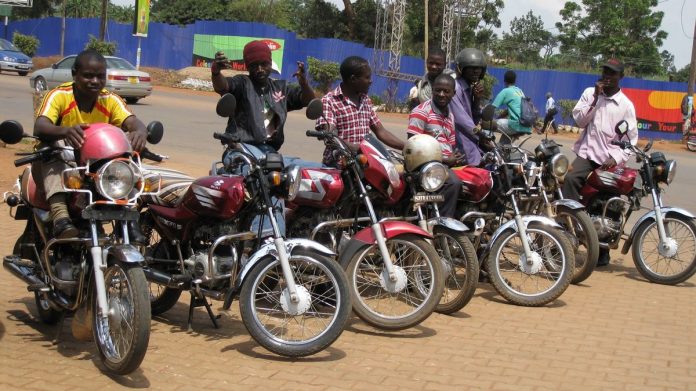Kenyan motorcycle and tuk tuk riders would save Sh3 billion ($30 million) in fuel costs per year if they transitioned to electric units, a new study shows.
There are about 1.5 million two-and three-wheelers in Kenya running on petrol, which if replaced with electric bikes would collectively create a power demand of 300MW – representing 15 percent of Kenya’s peak demand.
The findings are contained in a report by the Energy and Petroleum Regulatory Authority (Epra) dated January 24 on formulation of electric mobility policies around motorbikes and tuk tuks.
“We estimate that fuel cost savings on account of electric powered motorcycles would be over Sh3 billion per annum assuming only 300 days use in a given year,” says the report.
Further, the report reveals that each motorcycle in Kenya covers an average distance of 100km daily, at a cost of Sh500.
Mass switchover to electric vehicles, should it happen, will save the economy billions in hard currency used to import fuel. Petroleum accounts for a fifth of Kenya’s import bill.
Motorcycle taxis, commonly known as boda boda, have in recent years exploded onto the roads of major Kenyan towns, promising faster navigation through traffic. They have equally proved economical for ferrying passengers in remote areas inaccessible by vehicles.
“It follows that to cover 100km; an electric motorcycle will on average consume two kWh, equivalent to 2,000 volt-ampere-hours (VAh) of electrical energy every day. Most batteries for electric motor cycles are 48V, and so for one to provide 2000 VAh, it will need to be rated 40-50 Ah. Power demand for charging the batteries, if uniformly spread over 10 hours, would be 300MW,” the report says.
Kenya has a total installed power capacity of 2,700MW and a peak demand of 1,912MW, leaving a balance of 788MW that serves as reserve margin.
The study was conducted with support from the United Nations Environment Programme (Unep) alongside Germany’s International Climate Initiative (IKI).
“It is to be noted, however, that it is neither economically nor technically feasible to replace the existing 1.5 million internal combustion engine driven units with electric ones. What is feasible is to put in place policies and mechanisms to ensure that majority of new units brought into the market are electric,” the study says.
E-bikes and rickshaws have no engines and tailpipes and hence they release zero smoke and noise, making them ecofriendly.
“Electric vehicles are considered to be the future of vehicle industry as well as a worldwide advancement of transport due to the numerous advantages that this type of vehicle, “green vehicle”, has to offer. Among them are resource and fuel economy, environmentally friendly, low air and noise pollution and especially high safety for users,” the report says.
“Electric vehicles (EVs) are environmentally-friendly since they use electricity stored in batteries, they emit almost nothing into the atmosphere. In contrast, internal combustion engine vehicles (ICEVs) operation generates harmful emissions to the environment and public health, such as volatile organic compounds (VOCs), carbon monoxide (CO), nitrous oxides (NOx), particulate matter (PM), sulfur dioxide (SO2) and sulfur trioxide (SO3 ). Hydrocarbons from motorcycle emissions can cause genetic mutations, cancer and reproductive health problems for human.”
Read also: Where Is The Sh70m Raised In Uhuru’s Pay Cut Drive?



